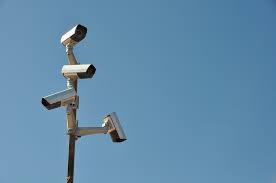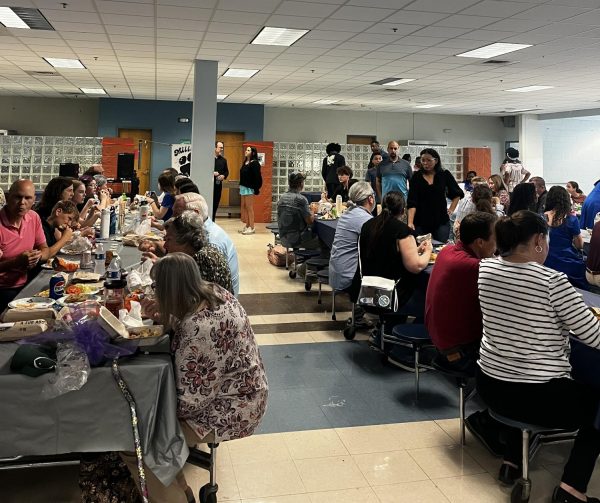Uncovering governments’ extensive jurisdiction

Protecting its citizens is a big part of the US government’s job, but at what point are they becoming too overreaching? The government has granted themselves jurisdiction over citizens person lives.
May 22, 2018
Privacy today faces growing threats from the National Security Agency itself. Ironic right? Numerous government agencies, including the NSA, the Federal Bureau of Investigation, the Department of Homeland Security, as well as state and local law enforcement agencies, are encroaching in private communications. Meanwhile, our Constitution and democratic system demand that the government be transparent and held accountable by the people. History has shown that powerful, secret surveillance tools will almost certainly be abused for political ends.
The Patriot Act is a U.S. law passed in the wake of the September 11, 2001, terrorist attacks. Its full name is Uniting and Strengthening America by Providing Appropriate Tools Required to Intercept and Obstruct Terrorism Act of 2001. It was created in aims to strengthen domestic security and broaden the powers of law-enforcement agencies in efforts to stop terrorists. The passing and renewal of the Patriot Act was extremely controversial. Supporters claim that it has been instrumental in a number of investigations and arrests of terrorists, while critics counter the act gives the government too much power, threatens civil liberties and undermines the very democracy it seeks to protect.
Section 215 of the Patriot Act, nicknamed the “library records provision,” allows the government to require businesses to handover records of any “tangible things” (including books, records, paper documents, and other items) which is purposefully very broad. The only restriction is the data collection must be for an investigation to protect against national terrorism. John Oliver, host of Last Week Tonight, referred to it as a blank check and made an analogy to letting a teenager borrow a car on the strict condition that they only use it for car related activities. Section 215 is overseen by a secret intelligence court called FISA, and they have interpreted it to mean that the government can collect and store phone records from every American, vast majority of which have no connection to terrorism. Junior Matt Bryan commented, “The fact that the government has the power to, at any time, access information from my personal life is very frightening.”
The Defense Advanced Research Projects Agency (DARPA) is the source of the technology used in our everyday lives, and most people do not realise this or the fact that they are a government run entity. Agencies like DARPA and the ones previously stated use the patriot act as an excuse for spying on the public. Formal Central Intelligence Agency employee, Edward Snowden, revealed that these government agencies can keep any and all phone records including both party’s identities, time elapsed during calls, as well as photos and other attachments sent.
There are positives and negatives to the government’s collection of this sensitive information. Innocent individuals have found themselves unable to board planes, barred from certain jobs, shut out of their bank accounts, and repeatedly questioned by authorities due to the government’s careful surveillance. Once information is in the government’s hands, it can be shared widely and retained for years, and the rules about access and use can be changed entirely in secret without the public ever knowing.
While the government is hugely responsible for protecting its citizens, is this behavior an intrusive invasion of privacy or a necessary step in protecting our nation?











